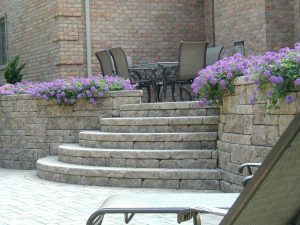
Singapore is a tiny country that has earned a reputation for being one of the best tourist spots in the world. That reputation is with good reason as the city boasts an impressive variety of architecture, food, and culture.One such practice associated with Singapore is the Singapore Feng Shui community.
Who are the Feng Shui?
The meaning of Feng Shui in English is wind and water. It is a study that involves combining various other studies such as Astrology, geography, psychology, etc to find man’s environmental position. Singapore itself plays host to a large, highly active community practicing Feng Shui.
A brief history of Feng Shui:
The practice of Feng Shui has been traced back to the days well before the birth of Christ. Emperor Pan of the Shang dynasty was one of the first people to indulge in the practice of Feng Shui when he moved his capital to another location. The practice gained popularity during the Teng dynasty thanks to the teachings of Yang Yun Song to the general public which helped him gain the nickname savior of the poor.
The basics:
Feng Shui states that energy begins with the wind and ends with the water. The energy can either be positive or negative. An experienced Feng Shui should be able to demonstrate how man and nature co-exist in harmony together. There are two main categories of Feng Shui, namely form and compass.
The influence of Feng Shui is such that it even influences architectural designs in the city. Thus it remains an important part of Singapore culture.




























































